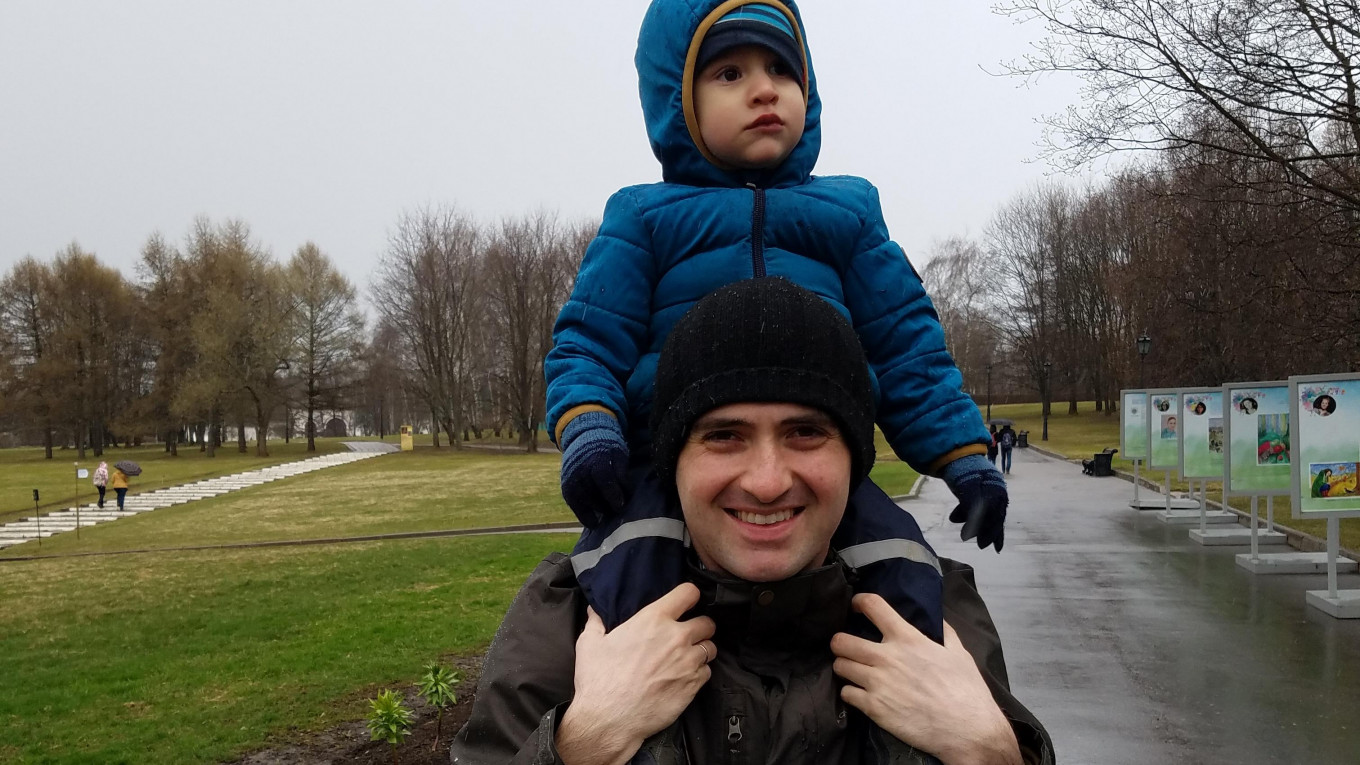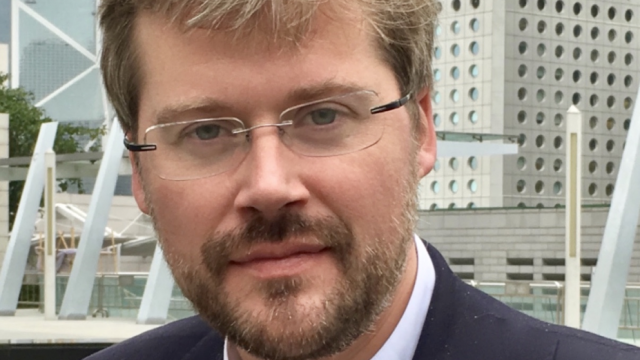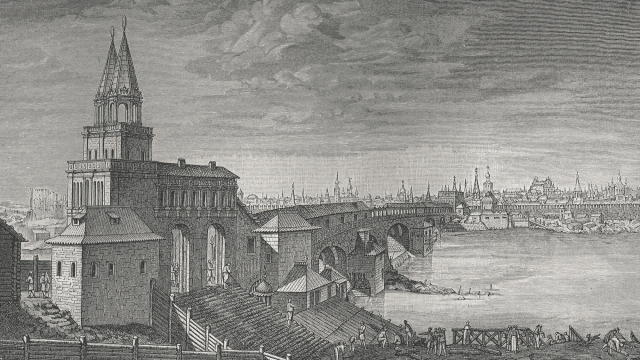Hailing from Cedar Rapids, Iowa, Dr. Seth Bernstein moved to Moscow in 2013 after earning a Ph.D. in History from the University of Toronto. He is now an assistant professor at the Higher School of Economics. His first book, “Communist Upbringing under Stalin: Young Communists and War in a Socialist Society, 1929-1945,” is set for publication in July.
I came on a post-doctoral fellowship at the Higher School of Economics in the WWII history department. I stayed at that position for three years, and then I was hired permanently. I am open to moving to the U.S. if I get an academic job there. But I’ve been on the job market, had some campus interviews, and the conditions of jobs where I was interviewing would not be as good as they are here. And I wouldn’t have the archives.
I hadn’t been so interested in Russian history before I came here. [Kenyon College] set me up with an internship at the Holocaust Museum in the Sakharov Center in Moscow. They had me transcribing interviews from victims of Stalinist repression into one long memoir. I became very interested. That’s where it really started.
My life is half in the university with colleagues who are often from abroad, and half with my partner and our family. We have a toddler, a two-year-old. We don’t spend that much time out: With a toddler it limits what you do. My outside time is mostly at work, [and] collegial bonding - at bars.
We live in Kolomenskoye. So, a very historic place. It’s where Ivan the Terrible was born. So, we go for walks there sometimes in the parks, and I get to think that I’m Ivan. It’s a neat place to live, and it’s especially good with a child.
Actually [my partner’s] family basically lives in a dacha in Smolensk. They live on a collective farm, though it’s privatized now. There are about 100 or 200 people that work there. It’s a village. It gives you an idea of what the collective farms were like. everyone takes such pride in their garden plots. It used to be a huge economic thing. Now, every time [my in-laws] come to visit us, they come with a huge sack of potatoes - like a sack of potatoes that weighs as much as my partner. And all of their neighbors have chickens and roosters, so they come with three dozen eggs.
The Jewish Museum is one of the best in Russia. This is in terms of being very modern, having a lot of interactive things, having input from real experts, not just a random collection, but with international scholars of Jewish history and Jewish culture, and local scholars, like Oleg Budnitsky. They also have this funny thing where you stand before a camera, and they will Photoshop you into a [picture of a] Jewish peasant from the 18th or 19th century.
My favorite restaurant in Moscow is Jagannath, a vegetarian fast food chain. The lunch deal changes everyday. Tomato soup with tofu or cheese, a salad with asparagus, and a pilaf rice type of dish [plov] with soft cheese. And then a very nice ginger drink. And they have places all around the city.
My favorite place to hang out is the archives. I worked in the archive in Petrozavodsk, in Karelia. The archive is right by the secret police (FSB) building, there’s a big statue of [former Soviet leader and KGB boss Yuri] Andropov. And everyone from the archive goes to the canteen in the FSB building. That’s where the good food is. Though you have to eat it with a bunch of FSB officers.
A Message from The Moscow Times:
Dear readers,
We are facing unprecedented challenges. Russia's Prosecutor General's Office has designated The Moscow Times as an "undesirable" organization, criminalizing our work and putting our staff at risk of prosecution. This follows our earlier unjust labeling as a "foreign agent."
These actions are direct attempts to silence independent journalism in Russia. The authorities claim our work "discredits the decisions of the Russian leadership." We see things differently: we strive to provide accurate, unbiased reporting on Russia.
We, the journalists of The Moscow Times, refuse to be silenced. But to continue our work, we need your help.
Your support, no matter how small, makes a world of difference. If you can, please support us monthly starting from just $2. It's quick to set up, and every contribution makes a significant impact.
By supporting The Moscow Times, you're defending open, independent journalism in the face of repression. Thank you for standing with us.
Remind me later.






